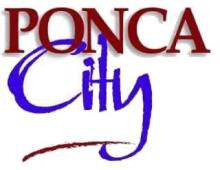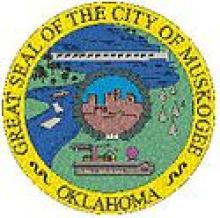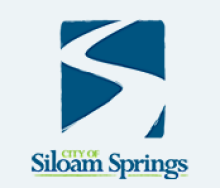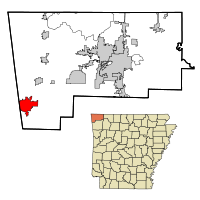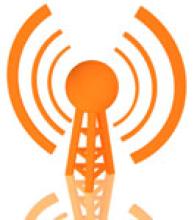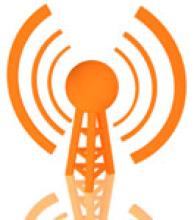Ponca City Fiber: Serving Businesses, Schools, and Offering Free Wi-Fi
Its extensive free Wi-Fi has brought Ponca City into the limelight but the mesh network did not appear overnight. The community effort began with miles of fiber network that provide connectivity and enable the mesh network financially and technically.
Ponca City, home to 25,000, is located on Oklahoma's north central border; Tulsa, Oklahoma City, and Wichita are all more than 90 miles away. The petroleum industry flourished in Ponca City until the oil bust in the 1990s and the population began to decline as workers moved away. Community leaders sought ways to salvage the local economy through economic development. They began to focus on the technology, manufacturing, and service industries.
The municipal electric department, Ponca City Energy, installed the first five miles of fiber in 1997 and five more in 1999 to connect outlying municipal buildings to City Hall. Line crews from the utility and the City Technology Services Department handled all installation to keep expenses down. The City continued to add to the network incrementally, exapanding it to over 350 miles. The network also serves the City's SCADA system.
In 2003, Ponca City Energy connected the local schools, and the Ponca City Medical Center to the network. The network also began providing Internet to the University Learning Center of Northern Oklahoma, now named the University Center at Ponca City. The Center collaborates with thirteen higher education institutions to provide distance learning in 48 online degree programs.
Ponca City eventually began offering Internet access via the fiber to commercial customers. According to Craige Baird, Technology Services Director, most businesses in the community purchase Internet access from the City. Revenue from commercial Internet customers, approximately $36,000 per month, pays for the wireless mesh network.


